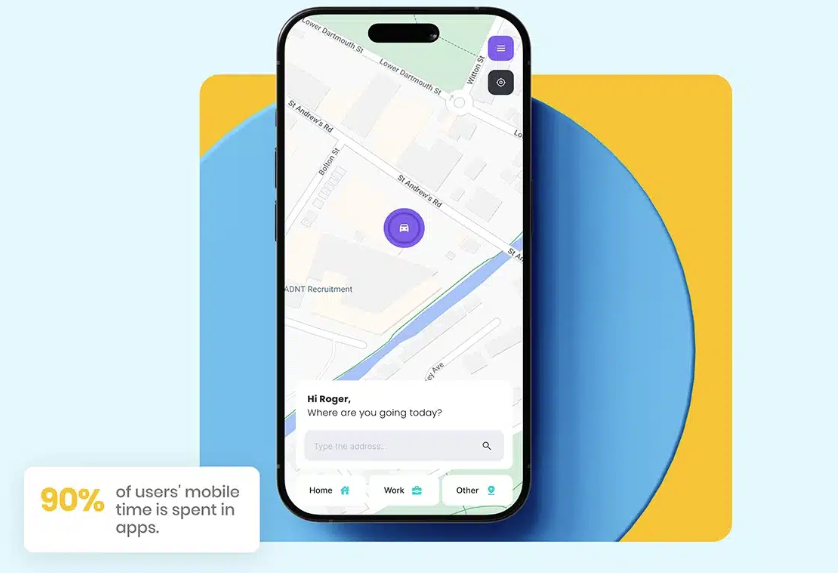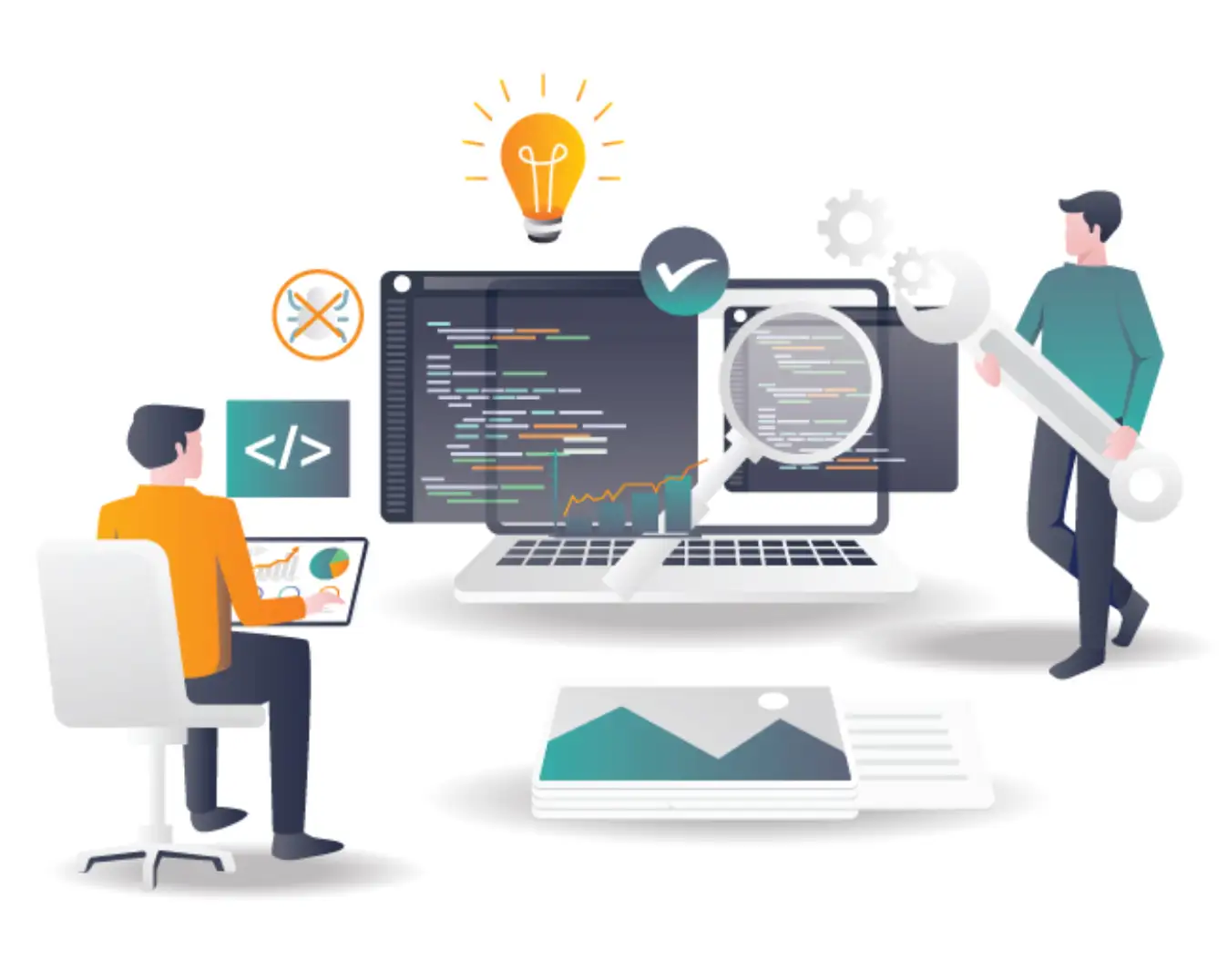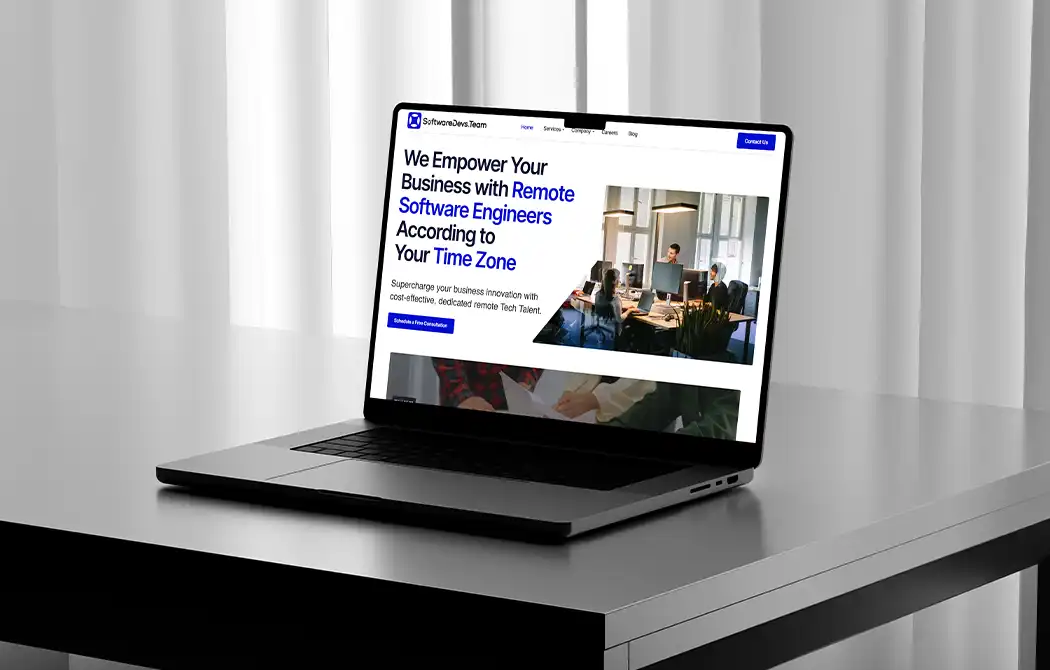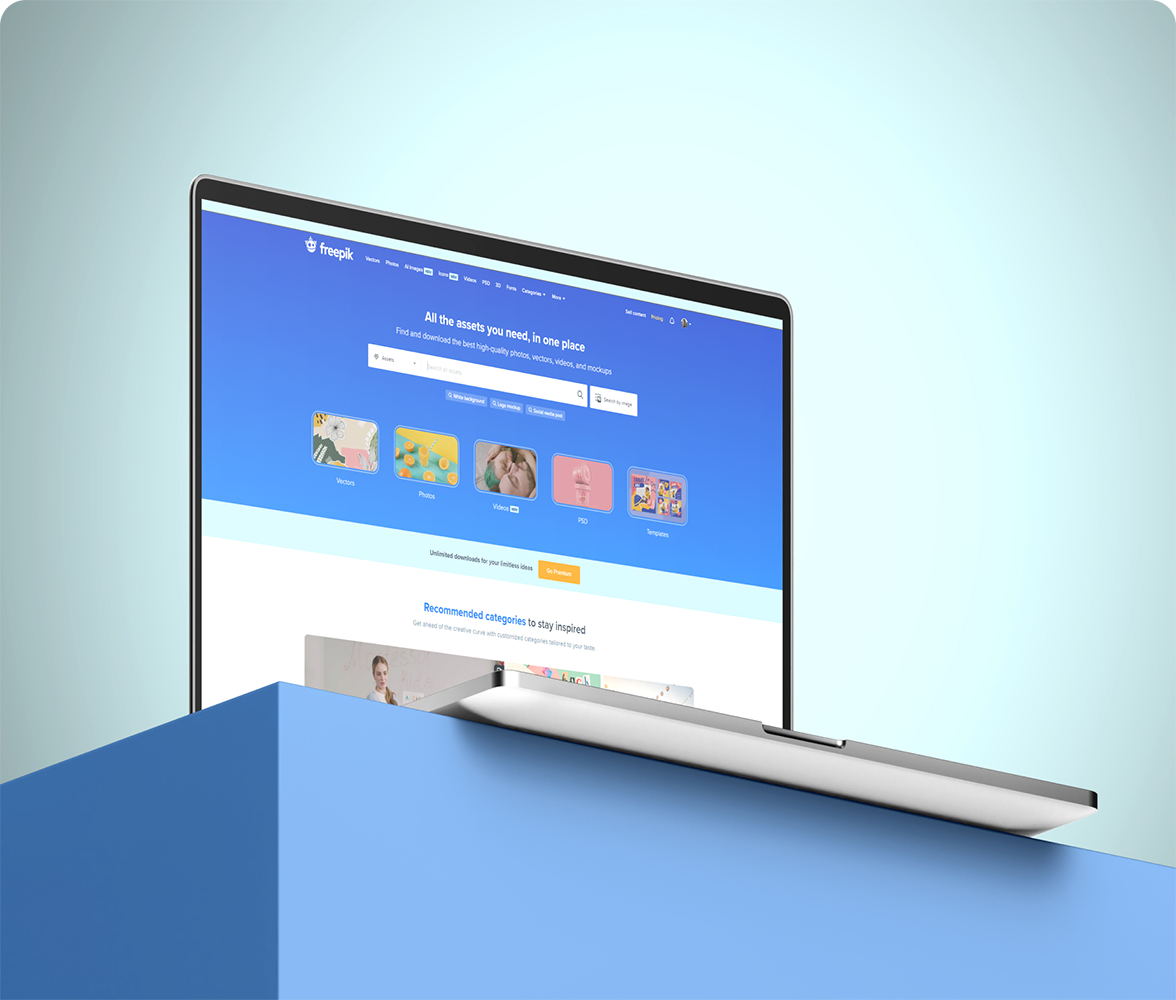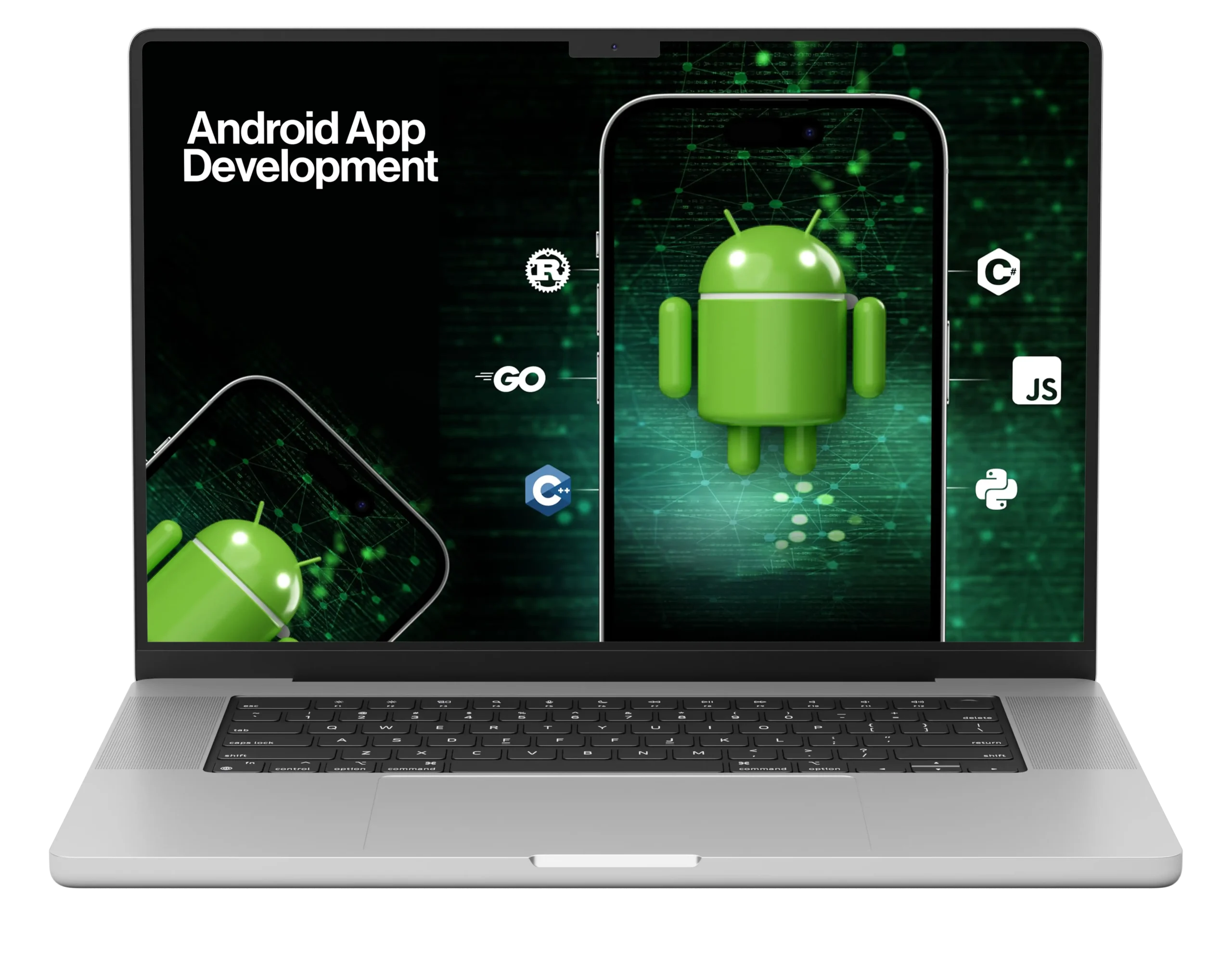Mobile app development is the process of creating software applications specifically designed to run on mobile devices such as smartphones and tablets. These apps are typically developed for either Android or iOS platforms (or both) and can serve various functions, including entertainment, productivity, e-commerce, communication, and more.
Mobile apps can be classified into three main types: Native Apps: Developed specifically for a single platform (iOS or Android) using platform-specific programming languages (e.g., Swift for iOS or Java/Kotlin for Android). Hybrid Apps: Built using web technologies (HTML, CSS, JavaScript) and wrapped in a native container for deployment on multiple platforms. Tools like React Native and Flutter are popular for hybrid development. Web Apps: Mobile-friendly websites that function similarly to native apps but are accessed via a web browser.
Developing a mobile app can offer numerous benefits to your business, such as: Improved Customer Engagement: Apps provide direct access to your customers, increasing engagement through push notifications, in-app messages, and personalised experiences. Brand Recognition: A mobile app offers a visible brand presence on users’ phones, improving brand visibility. Increased Revenue: Mobile apps can drive sales through e-commerce functionality, subscription models, or in-app purchases. Better Customer Experience: Offering an app can streamline processes, provide easy access to services, and improve user experience, leading to greater customer satisfaction and loyalty.
The timeline for mobile app development depends on various factors, including: Complexity of the app: Simple apps may take a few weeks, while complex apps with advanced features like real-time updates, database integrations, or extensive UI/UX design may take several months. Platform: Developing for both Android and iOS simultaneously can take longer than focusing on one platform. Team size: Larger development teams can speed up the process. On average, app development can take anywhere from 2 to 12 months, depending on these factors.
We use a wide range of technologies depending on the type of app being developed: Native iOS Development: Swift and Objective-C for building apps for Apple devices. Native Android Development: Kotlin and Java for Android app development. Cross-Platform Development: Frameworks like React Native, Flutter, and Xamarin allow us to build apps that work on iOS and Android with a shared codebase. Backend Technologies: Node.js, PHP, Python, and Java are commonly used to develop the backend of mobile apps, providing services such as data storage, authentication, and APIs.
The cost of developing a mobile app varies widely depending on: Features and Complexity: Basic apps cost less, while apps with advanced features (e.g., real-time chat, GPS integration, custom UI/UX) will be more expensive. Platform: Developing for a single platform (iOS or Android) is less expensive than creating apps for both platforms. Design and Development: A more custom and user-friendly interface may increase costs. Maintenance: Ongoing updates, bug fixes, and improvements contribute to the total cost. Typically, costs can range from $5,000 to $200,000, with a basic app falling on the lower end and a complex app on the higher end.
The mobile app development process typically involves the following stages: Requirement Gathering: Understanding your business goals, target audience, and app functionality. Planning and Research: Defining the app’s features, target platform(s), and technology stack. Design: Creating wireframes and designing the user interface (UI) and user experience (UX) to ensure an intuitive, attractive app. Development: Writing code, developing backend infrastructure, and integrating necessary APIs. Testing: Conducting quality assurance (QA) testing to ensure the app works properly on different devices and platforms. Launch: Deploying the app to the App Store, Google Play, or both after approval. Post-Launch Support: Regular updates, bug fixes, and user feedback integration to keep the app functional and relevant.
Yes, we offer comprehensive maintenance and support services for mobile apps, including: Bug Fixes: Addressing any issues or bugs that arise after launching the app. Performance Optimisation: Monitoring and optimising the app’s performance to ensure it runs smoothly. Updates: Regularly updating the app with new features, security patches, and compatibility updates for new OS versions. User Feedback Integration: Enhancing the app based on user reviews and feedback to improve user experience and functionality. Scalability: Make necessary adjustments as your app grows in terms of user base and features.

